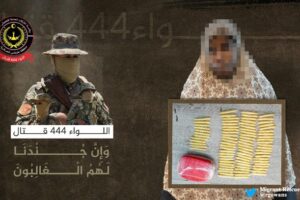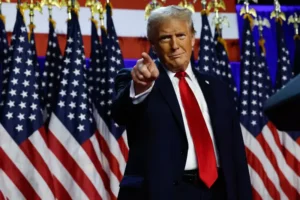Leaders from Sudan’s transitional government and key rebel groups are set to formalise a peace deal that many hope will turn the page on decades of violence and chaos in the African country.
The long-awaited peace deal between Khartoum and a coalition of armed groups called the Sudanese Revolutionary Front (SRF) is slated to be inked on Saturday in Juba, the capital of neighbouring South Sudan, after months of negotiations.
If the deal sticks, it could ease Sudan’s transition to civilian rule after the overthrow of military strongman Omar al-Bashir in April 2019. But analysts point to a track record of failed peace bids in Sudan, potential rebel spoilers, power plays and other stumbling blocks.
For Jonas Horner, a senior Sudan analyst at the International Crisis Group think-tank, the “devil will be in the implementation” of the deal in a country that has been ravaged by food price hikes, locust swarms and record-setting floods.
“Sudan’s economy is in freefall and there has been limited international assistance, and none pledged specifically to support the implementation of the [peace] agreement,” Horner told Al Jazeera.
“Without robust external buy-in and support, the deal will go unimplemented, causing a new wave of frustration and disappointment with the fragile transition.”
January 13, 2026










Add Comment